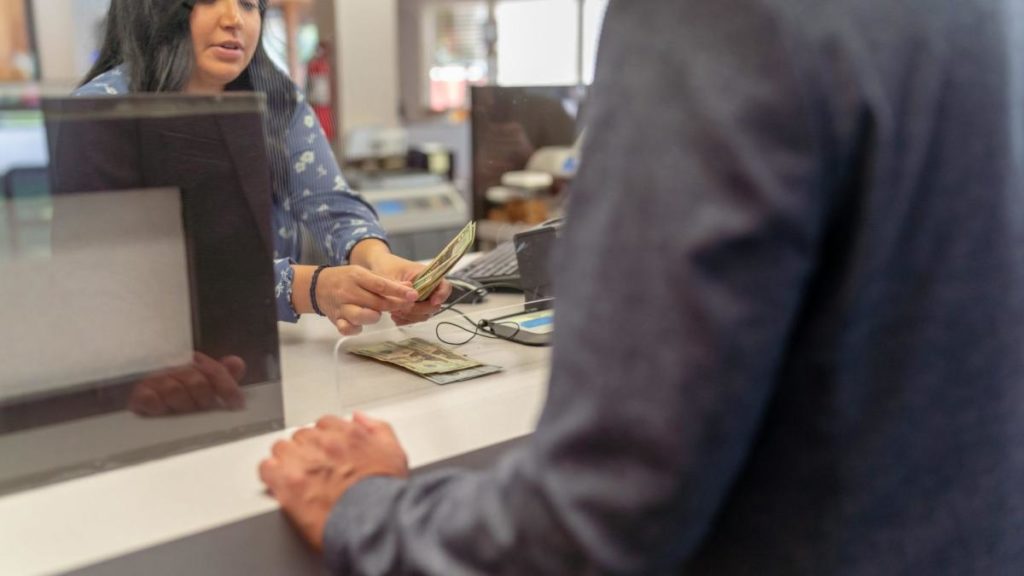
Bad habits are hard to break. But if you’re going to break any bad habit this year, break a bad banking habit. Irresponsible banking can cost you money. Lots of money. In fact, according to the Consumer Financial Protection Bureau (CFPB), from 2019-2020 Americans spent almost $28 billion in banking fees alone. Ditching these common practices can boost your bank account by saving you money.
Read More: 7 Frugal Habits That Aren’t Actually Good for Your Finances
Discover: How To Get Cash Back on Your Everyday Purchases
Paying Overdraft and Non-Sufficient Funds Fees
Everyone’s had at least one moment in their life when their bank account has hit zero. If you’ve opted into your bank’s overdraft protection, you’ll be able to continue to make purchases with your debit card without sufficient funds. But know this: Even if you do have overdraft protection your bank may not allow it to be used when writing checks or using automatic bill pay. If you don’t have overdraft protection your bank may decline your purchase. In all of these scenarios, you can be charged a fee, either an overdraft fee or a non-sufficient funds (NSF) fee.
Both overdraft and NSF fees will run you around $34, according to the CFPB. While this may not seem like a lot of money, if you continually overdraw your account the number of fees you accrue can add up. The best way to avoid these fees is to budget your money. If that’s not possible, the FDIC suggests linking your checking and savings account so that you can move money from one to the other when you risk overdrawing. You’ll still incur a fee for moving the money, but it won’t be as high as the fee you would be charged for overdrawing the account.
Side Gig: Earn Up To $200/Hour With This Easy-To-Start Job, No College Degree Required
Paying ATM Fees
Taking cash out at an ATM is a weekly event for most people. But if you use a bank other than your own you could incur an ATM fee. On average, ATM fees will run you close to $3 per transaction. Like overdraft and NSF fees, these charges can add up over time.
According to the Consumer Financial Protection Bureau (CFPB), the best way to avoid these fees is to use ATMs owned by your bank. Another option according to the CFPB, is to contact your bank and see if they rebate ATM fees.
Staying With The Wrong Bank
There’s no reason to stay with a bank that isn’t working for you. Whether there aren’t enough branches in your vicinity or you’re being charged maintenance fees, staying loyal isn’t worth your time or your money. Take the time to shop around and see which bank or credit union meets your needs and make the switch.
Keeping Too Much Cash In Your Checking Account
It’s natural to want to hold onto money in your checking account. But the truth is, you’re selling yourself short financially. Money in your checking account isn’t accruing interest over time. It’s best to keep the money you need for monthly expenses in your checking account. Feel free to add a little extra if you’re worried about surprise expenses, or if your monthly expenses are lower than your account minimum. The last thing you want to do is accrue a penalty fee for not having enough in your account. Put the rest of your money in accounts that will accrue interest like a money market fund or a high-yield savings account.
Not Tracking Your Spending
The quickest way to overdraft and NSF fees is spending more than you can afford. The easiest way to prevent these unwanted fees is to track your spending. Gone are the days when you need to balance your checkbook by hand. Now you can use a finance tracking app or even track your spending in your bank app.
More From GOBankingRates
This article originally appeared on GOBankingRates.com: 5 Common Banking Habits That Aren’t Actually Good for Your Finances


